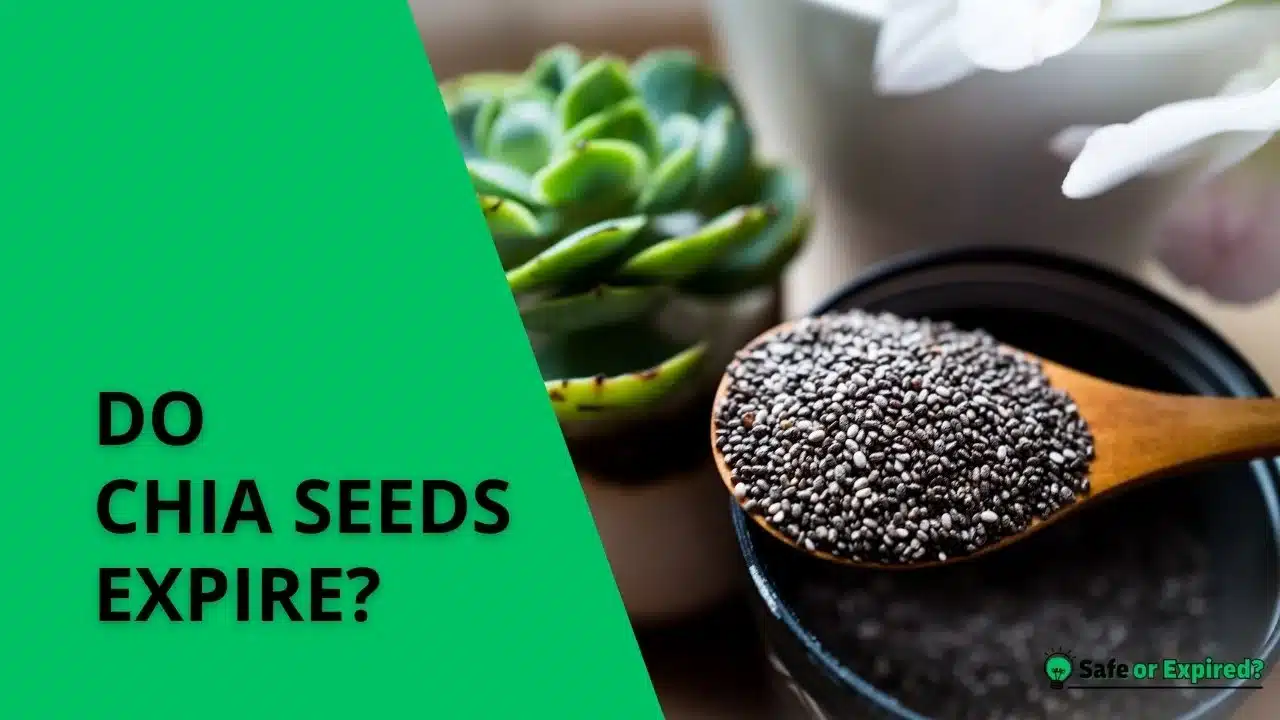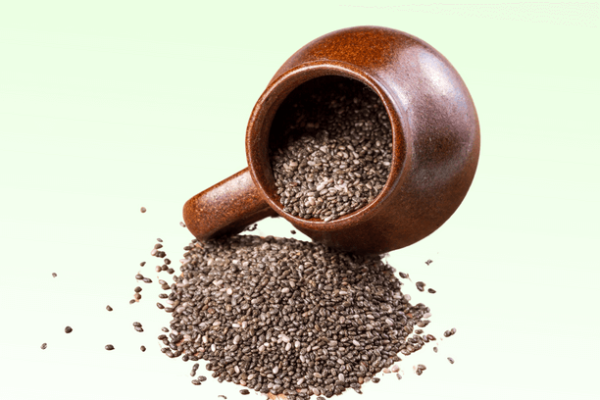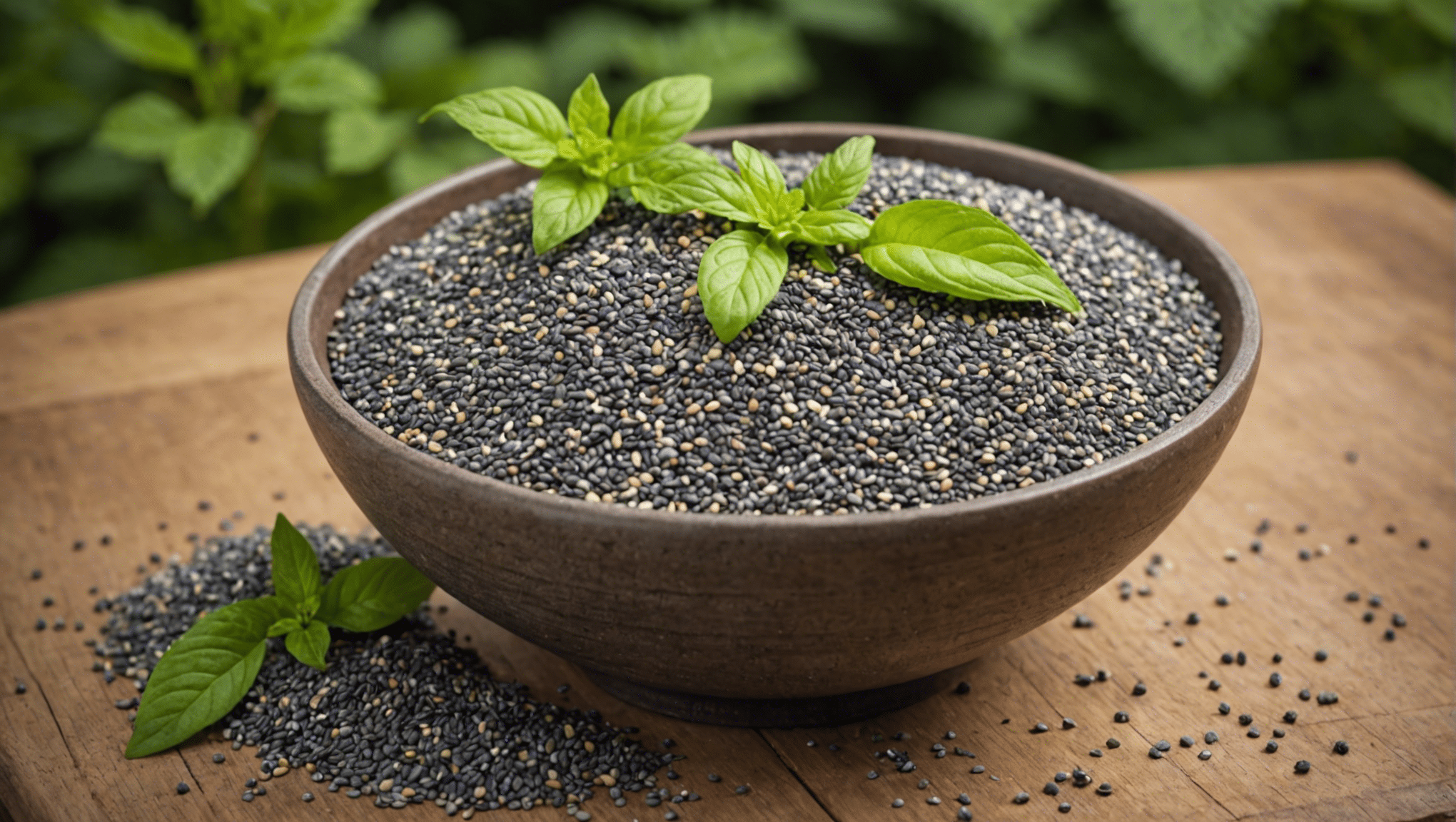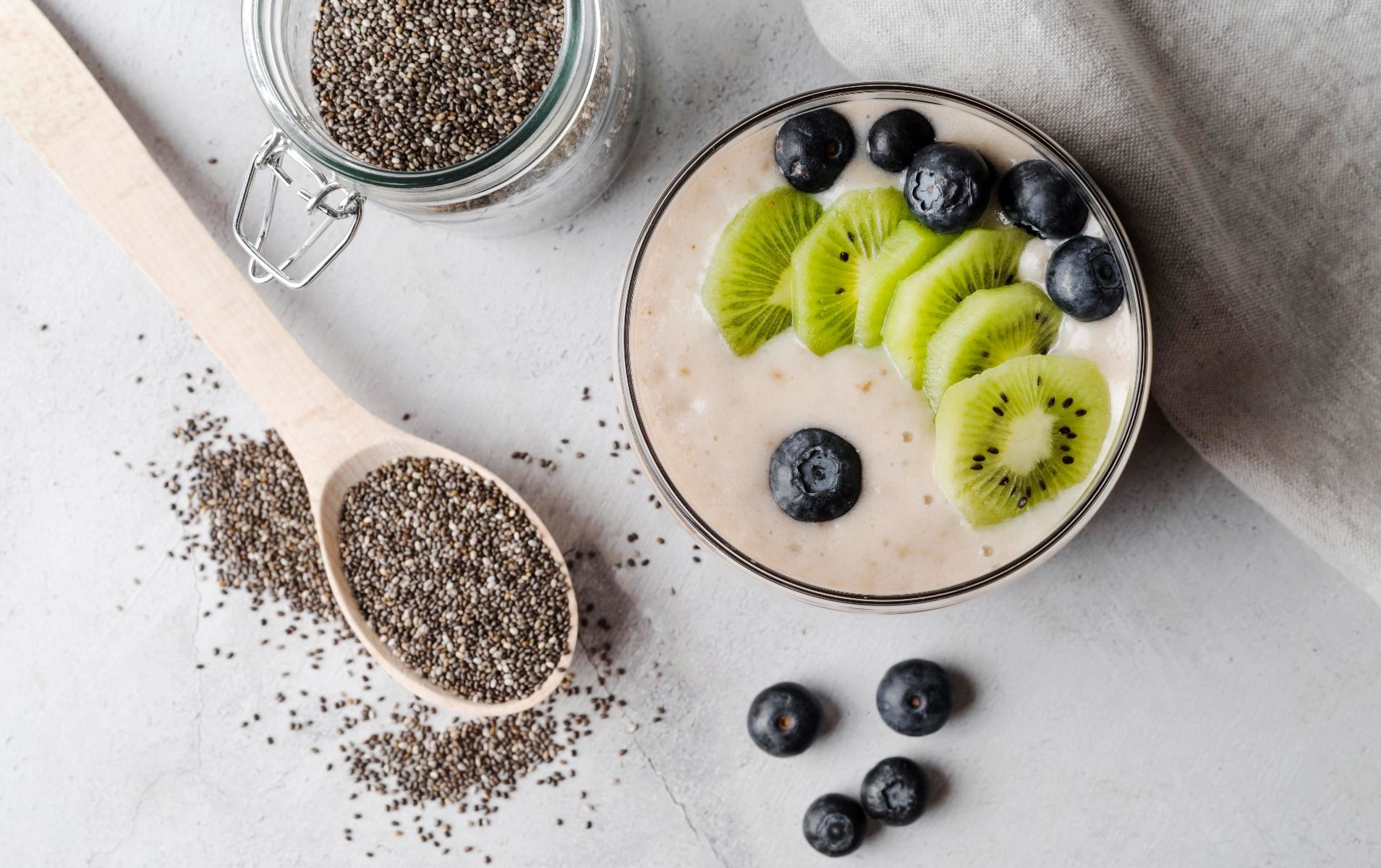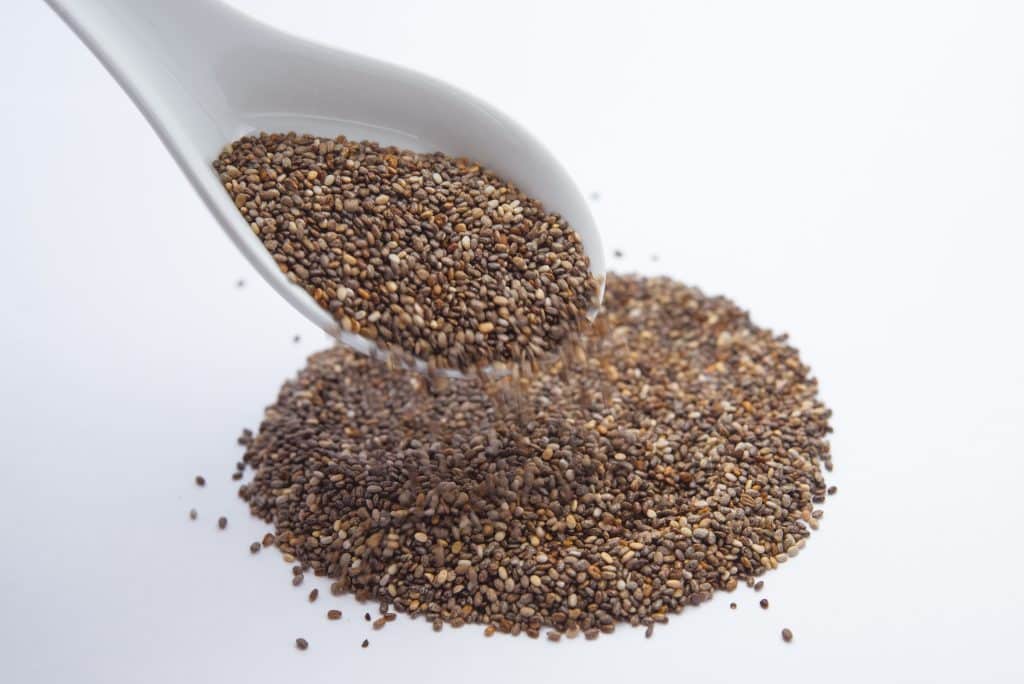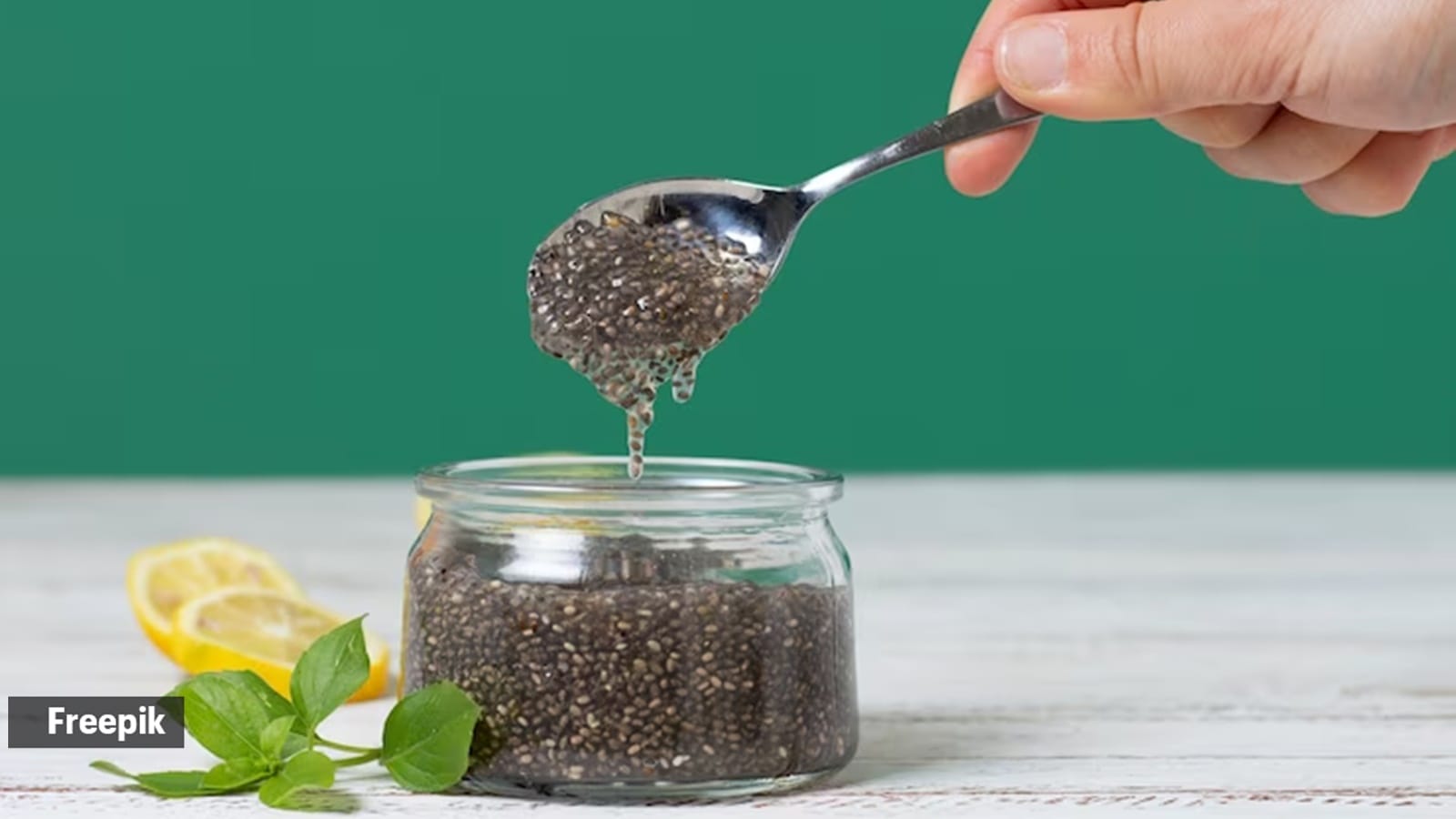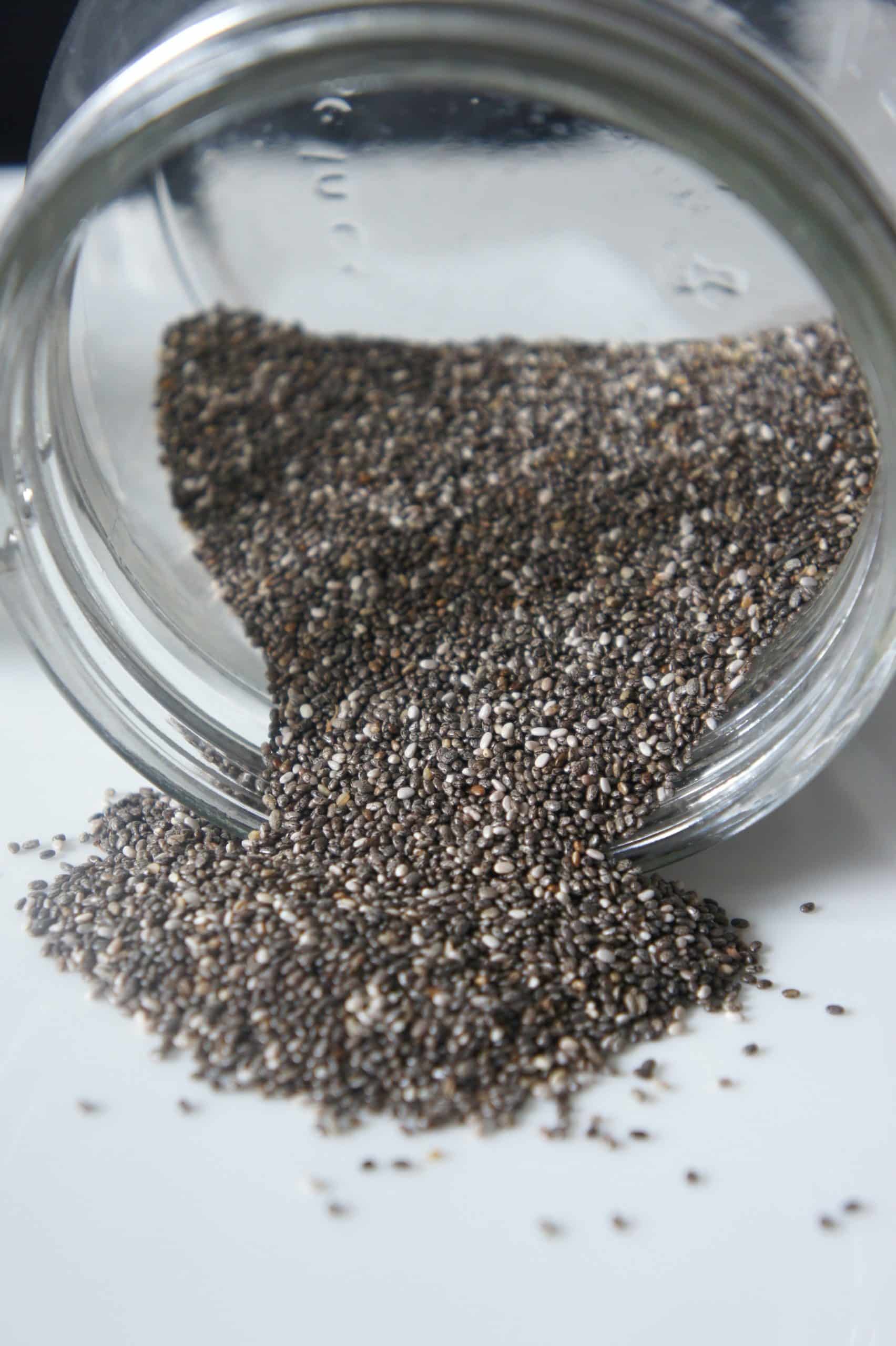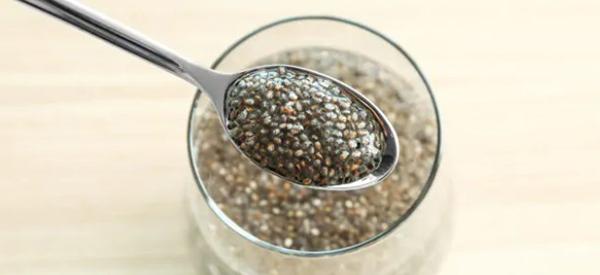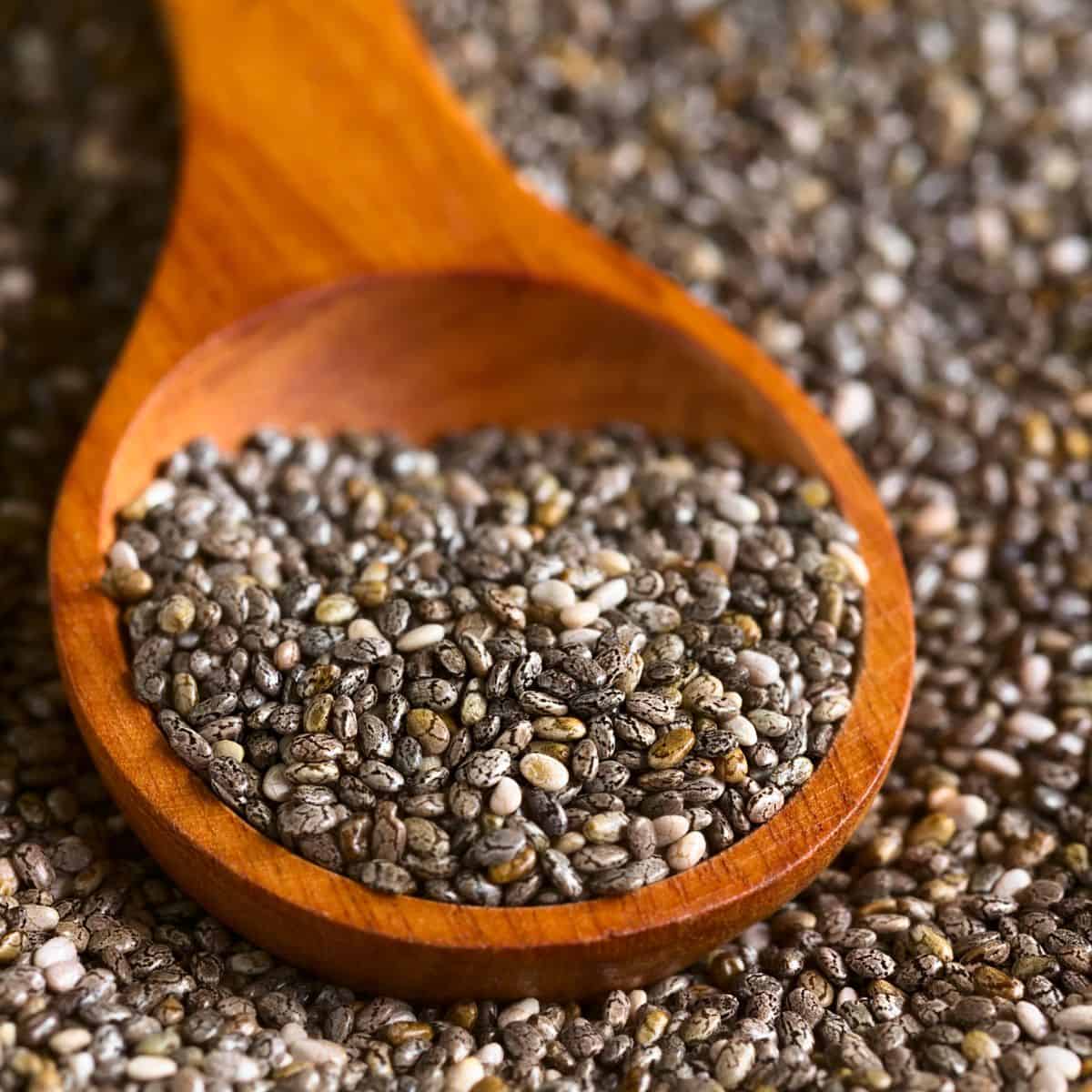What Happens If You Eat Expired Chia Seeds

A seemingly innocuous sprinkle of chia seeds atop your yogurt or blended into your smoothie could pose a hidden risk if those tiny powerhouses have passed their prime. While often touted for their health benefits, the question of what happens when you consume expired chia seeds is more nuanced than a simple "eat at your own risk" disclaimer. The potential consequences range from a diminished nutritional profile to, in rarer cases, genuine health concerns, making it essential to understand the risks involved.
This article delves into the science behind chia seed expiration, exploring the potential health implications of consuming expired seeds. It will examine how these seeds degrade over time, the risks of rancidity and contamination, and provide practical advice on how to properly store chia seeds to maximize their shelf life and ensure safety. Ultimately, understanding these factors empowers consumers to make informed decisions about their food and avoid potential health hazards.
Understanding Chia Seed Expiration
Chia seeds, like all foods containing fats, are susceptible to oxidation and degradation over time. The primary concern with expired chia seeds revolves around the polyunsaturated fats they contain, such as omega-3 fatty acids.
These fats are prone to rancidity when exposed to oxygen, light, and heat. This rancidity process not only alters the taste and smell of the seeds but also diminishes their nutritional value.
The expiration date printed on packaging is typically a "best by" date, indicating the period during which the product is expected to maintain its optimal quality. It doesn't necessarily mean the food is unsafe to eat after that date, but its quality may be reduced.
Potential Health Risks
The most common consequence of eating expired chia seeds is a decline in nutritional benefit. The rancid fats are less bioavailable and may not deliver the same omega-3 benefits as fresh seeds.
However, the problem extends beyond mere loss of nutrients. Rancid fats can generate harmful free radicals in the body. Free radicals contribute to oxidative stress, which has been linked to various chronic diseases and accelerated aging.
In some cases, consuming rancid chia seeds may cause digestive upset. This may include symptoms such as nausea, stomach cramps, and diarrhea.
Beyond rancidity, expired chia seeds can also be susceptible to mold or bacterial contamination, particularly if improperly stored. Mold growth can produce mycotoxins, which are toxic substances that can cause a range of health problems, including allergic reactions, respiratory issues, and even liver damage.
Recognizing Spoilage
Identifying expired or spoiled chia seeds is crucial to avoid potential health risks. The most obvious sign is a rancid odor. Fresh chia seeds have a very mild, almost undetectable smell, while rancid seeds will have a distinct, unpleasant odor, often described as metallic or paint-like.
Visually inspect the seeds for any signs of mold growth. Mold can appear as discolored spots, often white, green, or black.
A bitter or unpleasant taste is another indicator of spoilage. If the seeds taste significantly different from fresh chia seeds, they should be discarded.
If you are unsure about the condition of your chia seeds, it is always best to err on the side of caution and dispose of them.
Proper Storage for Longevity
Proper storage is key to extending the shelf life of chia seeds and minimizing the risk of spoilage. Store chia seeds in an airtight container to prevent exposure to oxygen, which accelerates rancidity.
Keep the container in a cool, dark, and dry place, away from direct sunlight and heat sources. A pantry or cupboard is typically an ideal location.
Avoid storing chia seeds in areas with high humidity, as moisture can promote mold growth. Refrigeration can also extend their shelf life, especially in warmer climates.
Buy chia seeds in smaller quantities to ensure you use them before they expire. This minimizes waste and reduces the risk of consuming spoiled seeds.
Expert Opinions and Scientific Evidence
Food scientists and nutritionists generally advise against consuming foods that have a noticeable rancid odor or taste, regardless of the expiration date. This is because the presence of rancidity indicates the breakdown of fats and the potential formation of harmful compounds.
While specific studies on the health effects of consuming expired chia seeds are limited, research on the effects of rancid fats in general suggests potential health risks. Studies have linked the consumption of rancid oils to increased oxidative stress and inflammation in the body.
Organizations like the Food and Drug Administration (FDA) provide guidelines on food safety and storage. Although they don't specifically address expired chia seeds, their general recommendations for storing and handling foods containing fats apply.
What To Do If You've Eaten Expired Chia Seeds
If you accidentally consumed a small amount of expired chia seeds that showed no obvious signs of spoilage (rancid smell, taste, or mold), it's unlikely to cause serious harm. Monitor yourself for any digestive upset or allergic reactions.
However, if you consumed a larger amount of expired chia seeds, especially if they exhibited signs of spoilage, seek medical advice. Explain your symptoms and the condition of the seeds you consumed to a doctor or healthcare professional.
In cases of suspected food poisoning or allergic reaction, immediate medical attention is crucial.
Conclusion
While the risk of severe illness from consuming expired chia seeds is relatively low, the potential for reduced nutritional value, digestive upset, and exposure to harmful compounds warrants caution. Proper storage and careful inspection of chia seeds before consumption are essential for minimizing these risks. By paying attention to expiration dates, recognizing signs of spoilage, and following recommended storage guidelines, consumers can safely enjoy the many health benefits of these versatile seeds.
